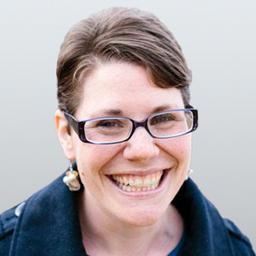After last year’s lockdowns and food shortages, a trend to be more self-sufficient has grown. Throughout the country, more and more people are moving away from cities to start homesteading.
The term homesteading in itself can be confusing. In 1862, The Homestead Act was created to distribute public lands for private use. The definition also refers to ancestral homes or houses occupied by a family with adjoining land. But most recently, homesteading has come to describe the practice of “living off the land.”






